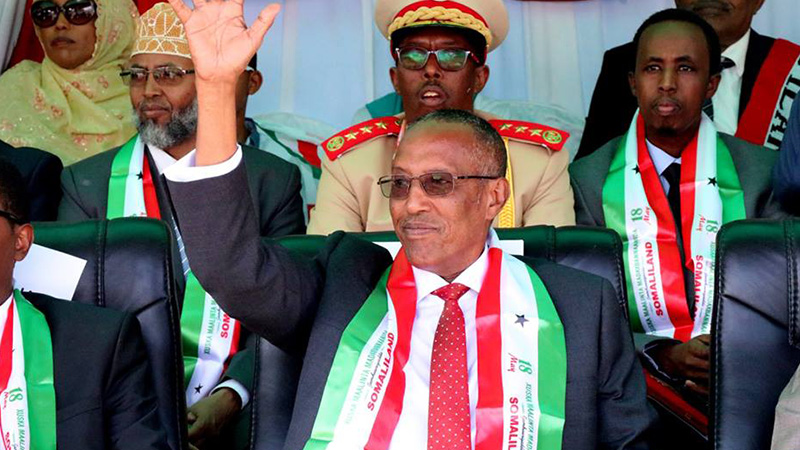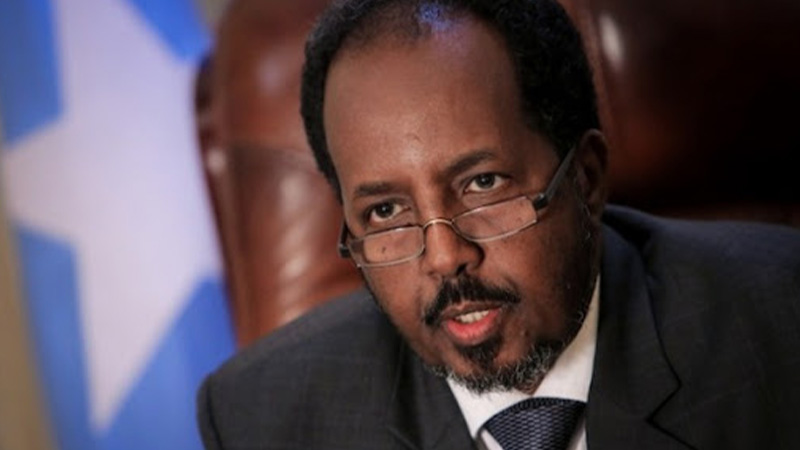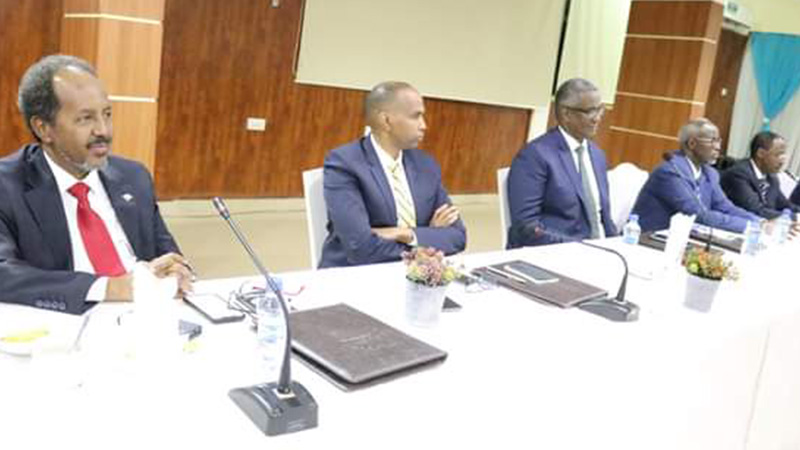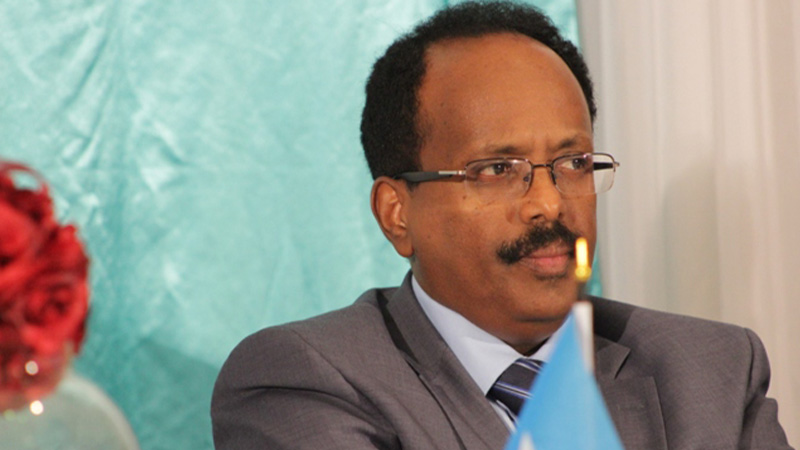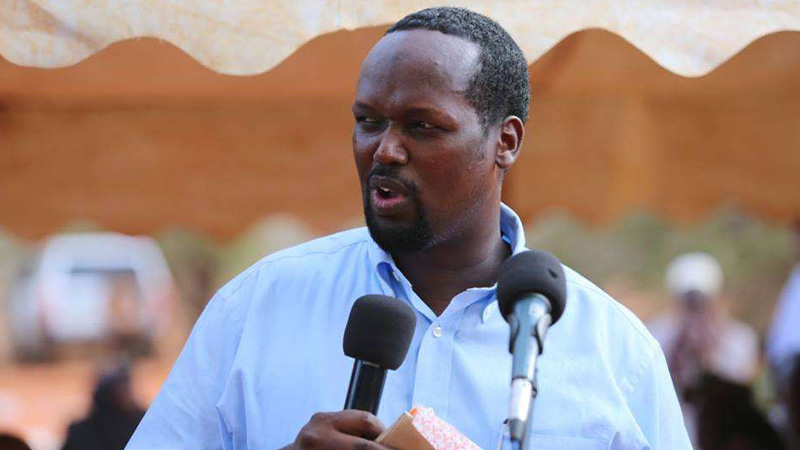HARGEISA (Somaliguardian) – Somaliland government has imposed taxes on YouTubers in the self-proclaimed state in a bid to raise revenue, but opponents of the move say it aims to stifle criticism of the incumbent President Muse Bihi Abdi.
Regional Ministry of Information has recently issued a decree that ordered YouTubers in the breakaway state to pay a 40% tax of their income, in what authorities say aims to raise more revenue that will be used for developmental projects across Somaliland.
Some of the local YouTubers who have spoken to media denounced the move and argued that they are self-employed youths who remained in the country while their coevals traveled abroad through perilous journeys and called on the government to rescind its decision.
Abdirahman Elmi, a popular local YouTuber noted that the government had no right to levy taxes on YouTubers, given that YouTube itself has no offices in Somaliland and that youths who earn money by posting on the video sharing app use addresses in other countries.
Mr Elmi has later said Somaliland police raided his office and seized his equipment following an interview with BBC Somali, in which he criticized the government’s decision. He and other colleagues fled the break-away state to the neighboring Somalia’s semi-autonomous region of Puntland.
Somaliland government has not yet commented on the alleged police raid on the offices of local YouTubers.
Among YouTubers who have raised concern about the order, is Khalid Fodhadhi, an independent local journalist based in Hargeisa, the capital of Somaliland. He says the tax imposed by the government is worrying but “the type of taxation the administration levies is a question that needs to be answered”.
“It was a rushed decision” said Khalid Fodhadhi. “The government should carefully consider areas where revenue could be collected.”
The journalist raised fear that “Twitter and Facebook users [in the region] might be next” in the government’s efforts to expand reach of its taxation system, in an interview with BBC Somali.
Somaliland had earlier imposed higher fees on journalists and website owners that triggered a barrage of criticism and the move forced dozens of media professions into exile.
Contact us: info@somaliguardian.com

